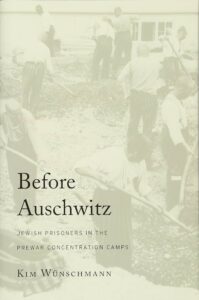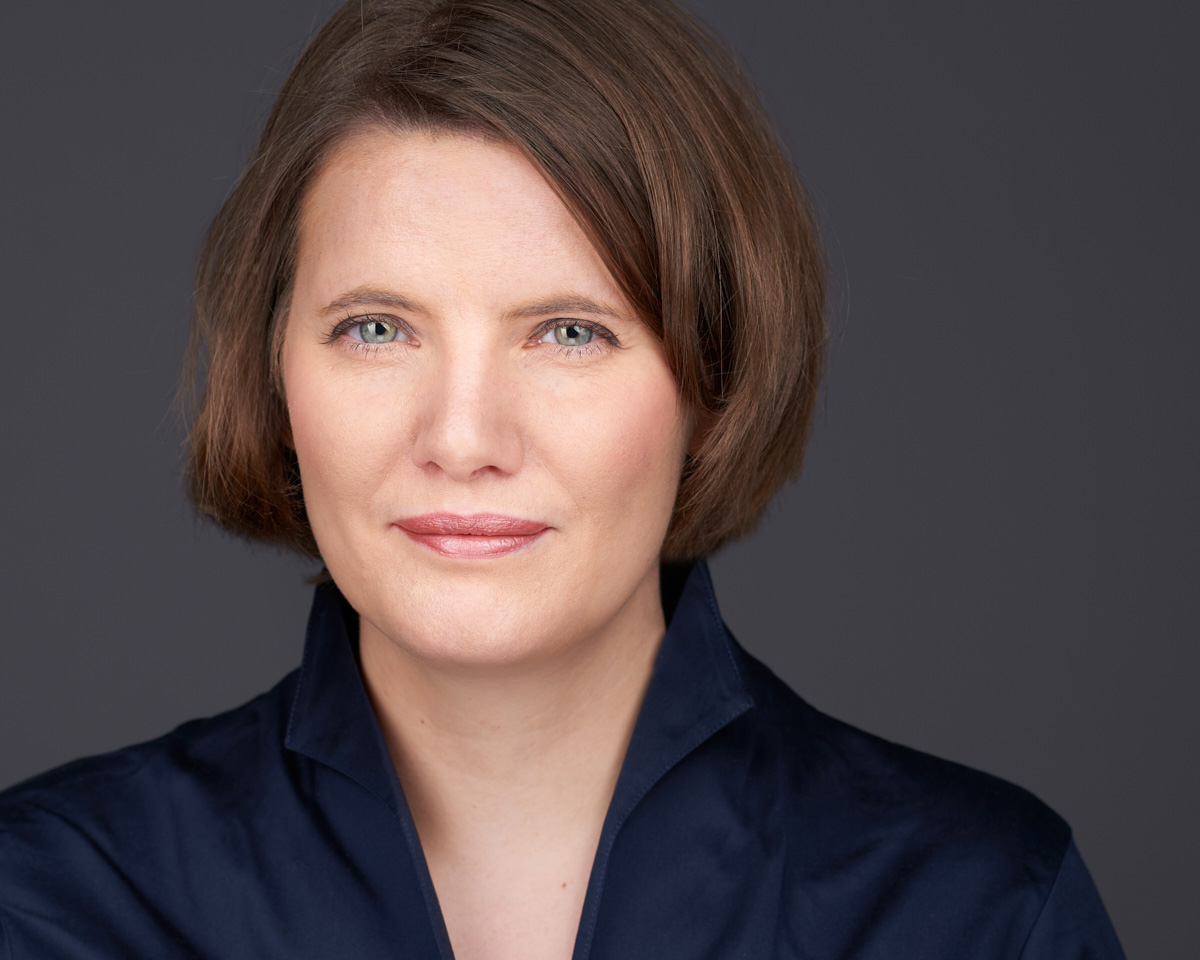
Dr. Kim Wünschmann is the Director of the Institute for the History of the German Jews in Hamburg. She obtained her PhD from Birkbeck, University of London. Subsequently, she held positions at The Hebrew University of Jerusalem, the Centre for German-Jewish Studies at the University of Sussex, and Ludwig Maximilian University of Munich. Her research centers on Holocaust Studies, modern European-Jewish history, legal history, and comic studies.
Her book Before Auschwitz: Jewish Prisoners in the Prewar Concentration Camps (Harvard University Press, 2015) received the Yad Vashem International Book Prize for Holocaust Research, the Prix Fondation Auschwitz – Jacques Rozenberg, and the Herbert Steiner Prize. She is also the co-editor (with Christopher Dillon) of Living the German Revolution 1918-19: Expectations, Experiences, Responses (Oxford University Press, 2023) and co-author (with Stefanie Fischer) of Oberbrechen: A German Village Confronts its Nazi Past. A Graphic History (Oxford University Press, 2024).
PhD Institution: University of London
Research Topic during the Fellowship: The Weimar Republic and National Socialism
Current Position: Director, Institute for the History of the German Jews

